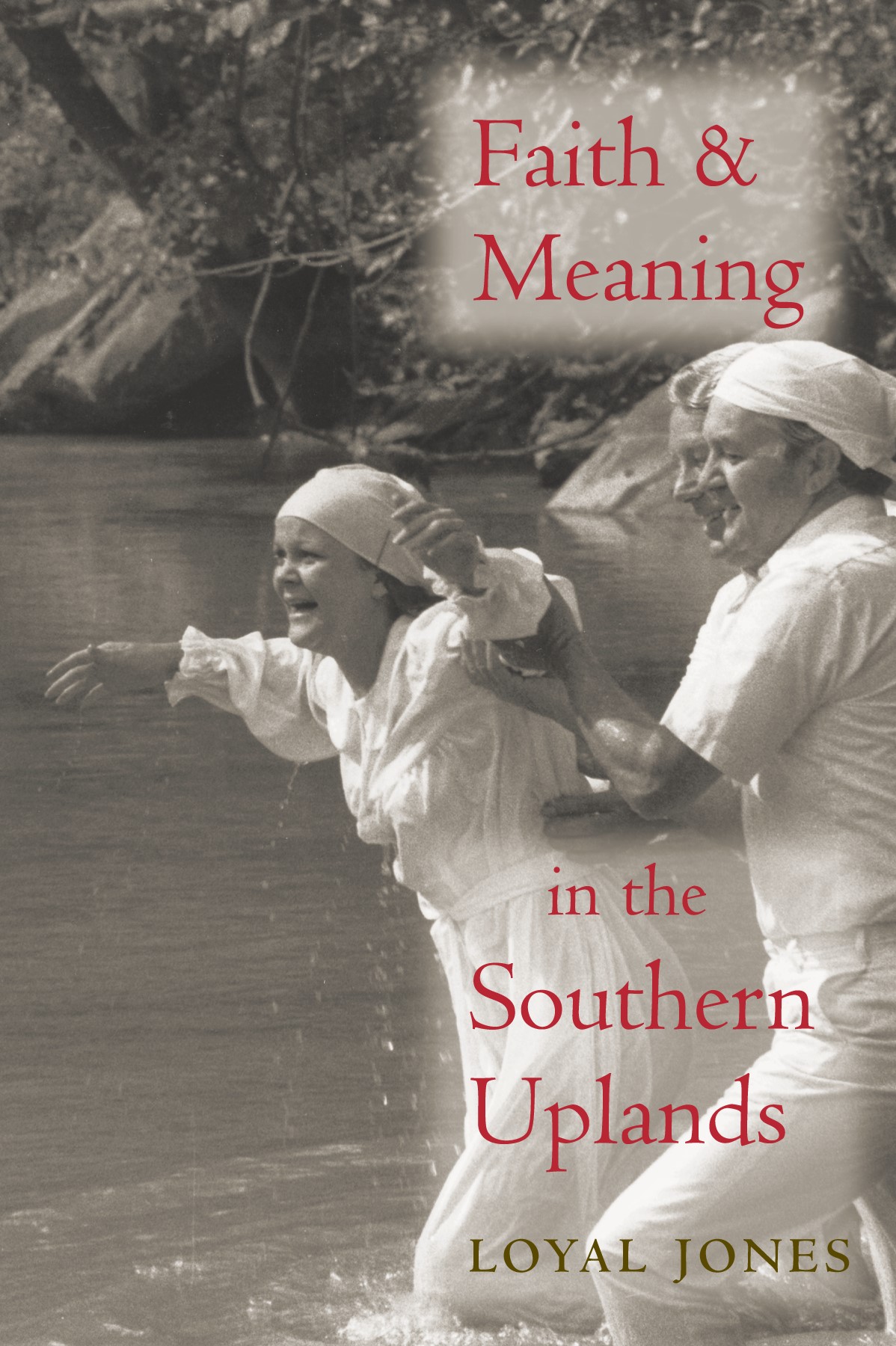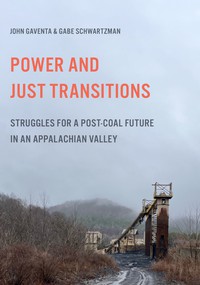
Faith and Meaning in the Southern Uplands
About the Book
Never have so many missionaries been sent to save so many Christians as is the case in the Southern Uplands. The area has long been perceived by American Christians in contradictory ways: on the one hand, as an unchurched area with people who have little religion or an inadequate faith; on the other, as part of the Bible Belt, packed with small breakaway fundamentalist churches and wild-eyed believers.In Faith and Meaning, one of Appalachian religion's most eloquent spokesmen reveals a people devoted to and thoughtful about their religion, and profoundly influenced by it. Loyal Jones's three decades of conversations and interviews, supplemented by documents such as sermons, testimonies, and articles of faith, articulate Southern Upland views on basic issues of the human condition—faith, God, the world, the Word, and the devil—as well as on community issues such as racial integration and women in the church. In their own voices these people describe their beliefs, their churches, and their lives, exposing a deep conviction tempered with humanity and humor.
Reviews
"[Jones] presents the mountain people's religious ideas on everything from God to the human condition in their own words. . . . An excellent book by an expert insider." — Library Journal"A sensitive and personal book about religion in the Upland South. . . . For thirty years he has accumulated interviews and conversations with the people of the region, and he allows his friends, neighbors, and acquaintances to speak for themselves." —Paul David Nelson, Appalachian Heritage
"Jones, . . . one of Appalachia's most eloquent spokesmen, spent over 30 years interviewing the people of Appalachia, and in this book allows them to speak for themselves about their religious experiences, revealing a deep conviction that is often misunderstood." — Goldenseal
"A scholarly book that reads as smoothly as mass-market non-fiction. It's insightful and inspiring. It's absolutely fair to all concerned. . . . Jones has once again sown respect for the faith of those outside the social elite." — Paul Prather, Lexington Herald-Leader
"One of Appalachian religion's most eloquent spokesmen reveals a people devoted to and thoughtful about their religion, and profoundly influenced by it. Loyal Jones' three decades of conversations and interviews, supplemented by documents such as sermons, testimonies, and articles of faith, articulate Southern Upland views on basic issues of the human condition — faith, God, the world, the Word, and the devil— as well as on community issues such as racial integration and women in the church." — The Appalachian Quarterly
"Jones draws upon numerous interviews conducted over many years, organized topically to produce a comprehensive and readable overview. . . . The result is a full and rich perspective, all the more impressive for a region with considerable religious diversity." — Ellen Eslinger, Georgia Historical Quarterly
"Jones seems to be reminding Christians . . . what a palpable faith is like among the people he knows best. Hear their voices as you would listen to the testimony of people who speak from profound experience. Their voices are not analysis, but rather proclamation. In this sense, the book is a primary source about primary things! —Donald G. Mathews, Church History
"An important study that gives unparalleled insight into the practice of native religion in the mountain South. . . . Students of southern religious or cultural history will find this book illuminating." -- Richard D. Starnes, The North Carolina Historical Review
"Ultimately and satisfyingly convincing. Jones goes directly to people's words to explain this oral tradition, and, with just a bit of background and explanation from the author, it is surprising how much more articulate, coherent, sophisticated, and believable these religious beliefs appear here than they have in far too many works on Appalachian religion written by unsympathetic outsiders. . . . What Jones does so well here . . . is to transmit what people are already saying within their own group to a new audience outside that group." -- Bruce E. Baker, The South Carolina Review











